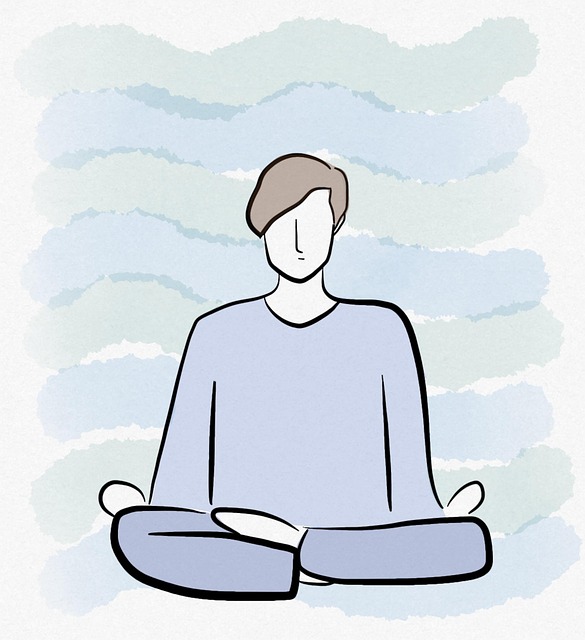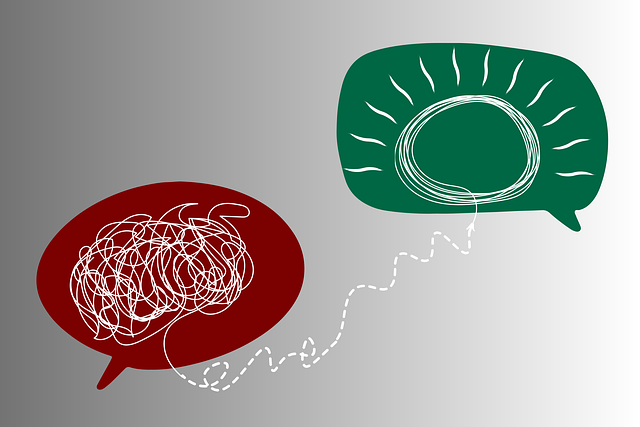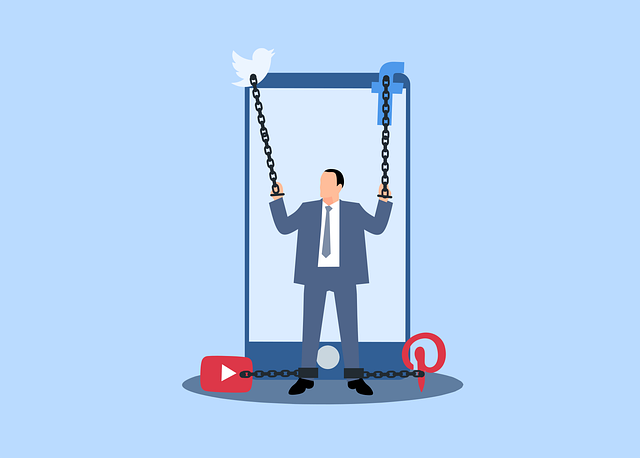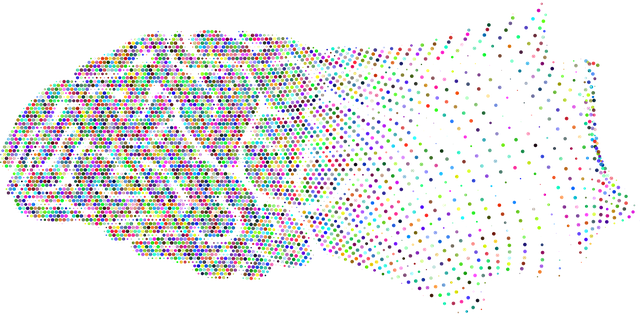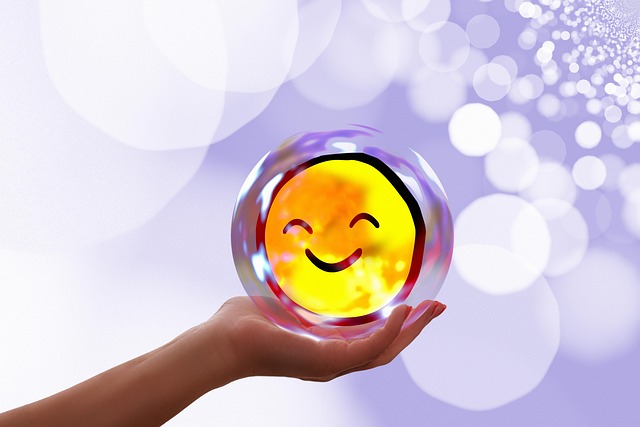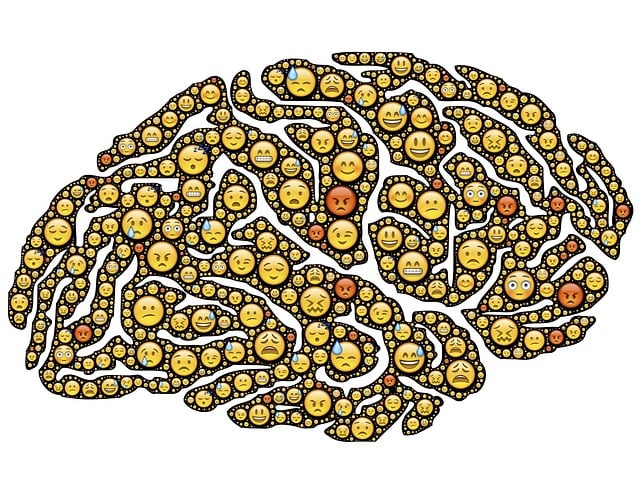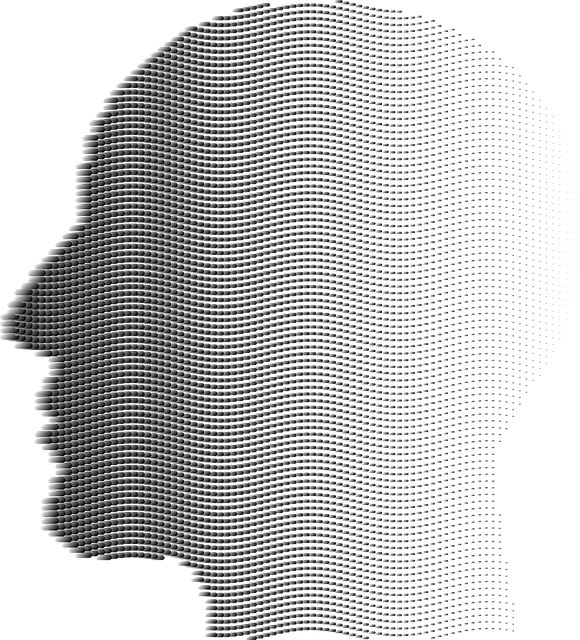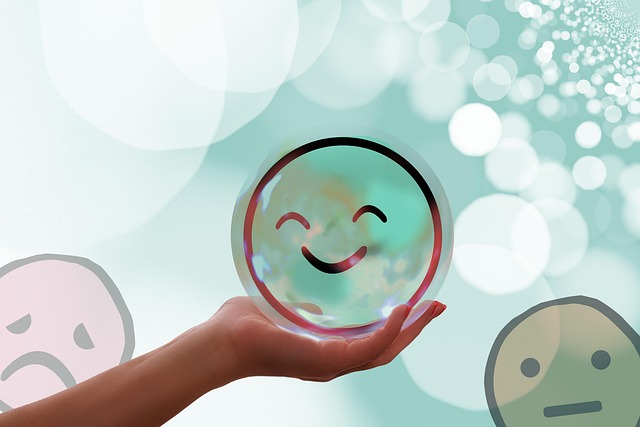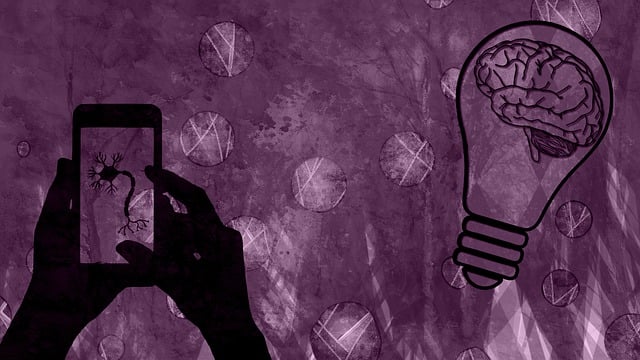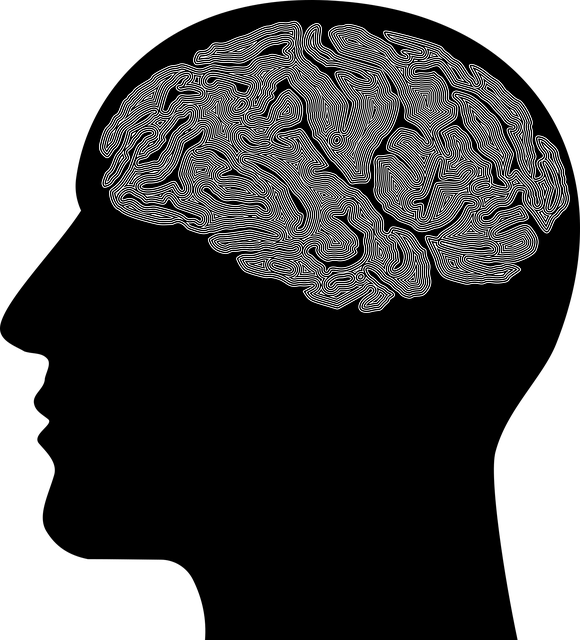Boulder Learning Disability Therapy emphasizes the significance of self-care for overall well-being, offering guidance to individuals seeking to improve their mental health. By prioritizing personal needs and incorporating practices like mindfulness and stress management, people can enhance resilience and self-connection. The therapy focuses on developing self-care routines, setting boundaries, and education to ensure sustainability, ultimately helping clients navigate challenges with balance and confidence.
In today’s fast-paced world, self-care is not a luxury but a necessity. Understanding and prioritizing self-care can significantly impact overall wellbeing, reducing stress and enhancing resilience. This article guides you through essential practices, focusing on strategies to identify personal needs and integrate self-care rituals into daily life. Expert insights from Boulder Learning Disability Therapy offer practical tips for fostering a healthier, more balanced lifestyle.
- Understanding Self-Care and its Impact on Wellbeing
- Identifying Personal Needs and Prioritizing Self-Care Rituals
- Strategies for Integrating Self-Care into Daily Life: Tips from Boulder Learning Disability Therapy
Understanding Self-Care and its Impact on Wellbeing

Self-care is a fundamental practice that involves actively nurturing and supporting one’s physical, mental, and emotional well-being. It is about recognizing your unique needs and taking intentional actions to fulfill them. In today’s fast-paced world, where demands on our time and energy are ever-increasing, prioritizing self-care has become more crucial than ever. This proactive approach to wellness can significantly impact our overall health and happiness.
At Boulder Learning Disability Therapy, we emphasize the importance of self-care as a powerful tool for personal growth and resilience. By incorporating practices such as mindfulness, stress management techniques, and conflict resolution skills (like those learned through our therapy services), individuals can develop inner strength and boost their confidence. These strategies enable people to navigate life’s challenges more effectively while maintaining a sense of balance and self-preservation. Understanding and adopting healthy self-care habits can be transformative, fostering a deeper connection with oneself and leading to a more fulfilling and meaningful life.
Identifying Personal Needs and Prioritizing Self-Care Rituals

Many individuals struggle to identify their personal needs when it comes to self-care, often due to busy schedules or unawareness of their own emotional healing processes. This is where professional guidance can be immensely beneficial, especially with help from a Boulder Learning Disability Therapy expert. By prioritizing mental health awareness and understanding one’s unique requirements, individuals can begin to incorporate effective self-care rituals into their daily lives.
Focusing on self-esteem improvement is a crucial aspect of this journey. Recognizing that taking time for oneself is not a luxury but a necessity, allows people to nurture both their physical and mental well-being. Through the support of therapists or self-discovery practices, prioritizing self-care becomes an intentional act that positively impacts every area of life, ensuring individuals feel empowered and equipped to navigate challenges with resilience.
Strategies for Integrating Self-Care into Daily Life: Tips from Boulder Learning Disability Therapy

At Boulder Learning Disability Therapy, we understand that integrating self-care into daily life is a game-changer for mental health and well-being. Our therapists emphasize the importance of creating a structured yet flexible self-care routine development to foster better mental health. Start by identifying your priorities – whether it’s dedicated time for exercise, mindfulness practices, or connecting with loved ones. Incorporate these into your schedule just as you would any other commitment, treating them as non-negotiable appointments with yourself.
For professionals in the mental health field, risk management planning is crucial alongside self-care. Our therapists suggest setting boundaries, delegating tasks when possible, and prioritizing sleep and relaxation. Regularly evaluating and adjusting your self-care practices is key to sustainable well-being. Consider enrolling in mental health education programs design focused on self-care strategies to gain additional tools and support from a community of like-minded individuals.
Self-care is a powerful tool for enhancing overall wellbeing, and by understanding its impact and incorporating effective strategies, we can transform our lives. As Boulder Learning Disability Therapy emphasizes, prioritizing self-care rituals is essential for managing stress, improving mental health, and fostering resilience. By identifying personal needs and integrating practical tips into daily routines, individuals can embrace a more balanced and fulfilling life. Remember, small consistent actions lead to significant changes, allowing you to thrive rather than just survive.
